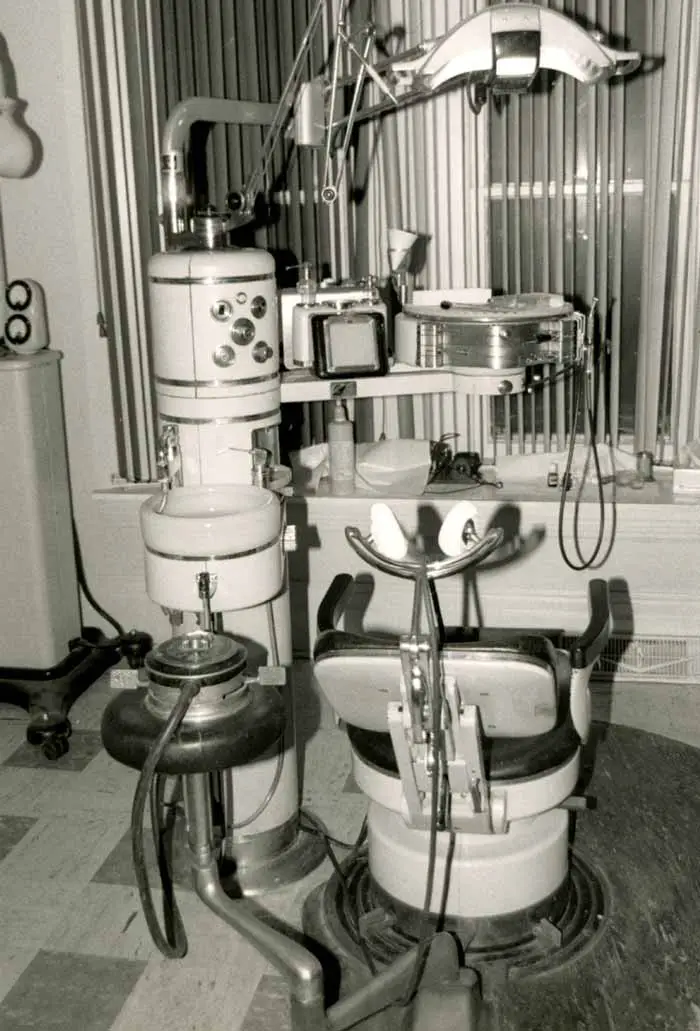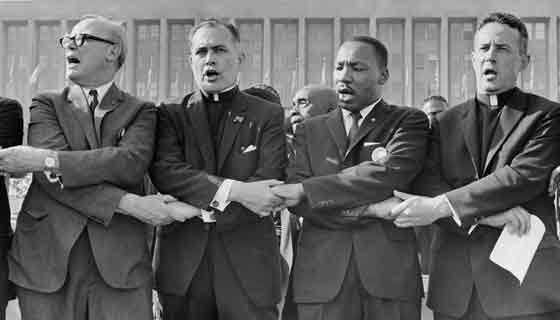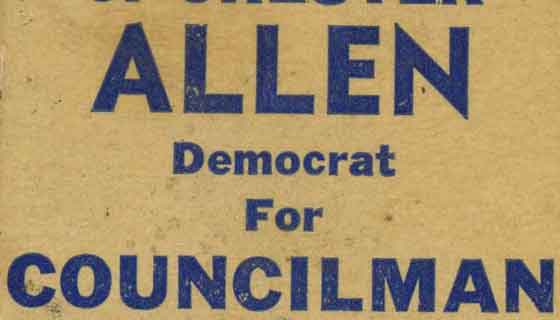This past Sunday, for the SB150 “Discover… South Bend Science” event, I talked about history.
That might seem incongruous – science and history together in the same presentation. To me, it was a reminder of how diverse the lives we study in history are.
Take, for example, the two people I spoke about: Dr. Bernard Streets Sr. and Helen Pope.
I wrote about Dr. Streets’ wife, Odie Mae Streets, in a previous Throwback Thursday article. Like Odie Mae, Dr. Streets was an impressive person.
In 1929, he became one of the first African Americans to graduate from the IU School of Dentistry. It’s then that he opened a dentistry practice on South Bend’s west side. He organized a yearly “Negro Health Week,” ensuring people in the community had access to nutritional information and clinics for check-ups. He sat on the city’s Human Rights Commission along with Father Theodore Hesburgh of the University of Notre Dame, addressing issues of fairness and equality.
Working in the west side in the early 1900s, he served a multi-ethnic clientele – and he decided to learn Polish so that he could speak with and offer care to many of the immigrant workers moving into the neighborhood.
His contemporary, Helen Pope, grew up on the west side in the 1920s. In 1950 she became a polio nurse at the Northern Indiana Children’s Hospital and worked to desegregate that facility. She said they were bringing in white nurses from the east coast rather than hiring nurses of color who lived here. People pushed to change that practice, and they pushed Helen to be one of the pioneers of African American nurses to work in South Bend hospitals.
Beyond caring for their patients’ physical health, they cared about their community’s health, taking an active role in the issues of their day – particularly, the practice of segregation here in South Bend.
In fact, Mrs. Pope purposefully chose to work at what she perceived to be the more racist hospital because, as she said, “I could take the guff.”
We need more people like her. Women and men who can take the guff. Women and men who become doctors, nurses, scientists – in those fields, you can spend a lifetime working to heal people, and to help people. Dr. Streets and Mrs. Pope have taught us that the medical field not only heals people physically, but those who work within it can heal the ills within our community.
Sources: “Biographies of Dr. Bernard Streets and Odie Mae Streets,” n.d. Indiana University South Bend Civil Rights Heritage Center.
Oral History with Helen Pope. January 17, 2002. Indiana University South Bend Civil Rights Heritage Center.
Image credit: Civil Rights Heritage Center Collection of the Indiana University South Bend Archives.
About the Author: George Garner is a graduate of Kutztown University (Pennsylvania) with a bachelor’s degree in history and the Cooperstown Graduate Program (New York) with a master’s degree in museum studies. Garner gained experience in museum administration, exhibitions, education, and collections care at such well-known institutions as the National Baseball Hall of Fame and Museum and the Chesapeake Bay Maritime Museum in St. Michael’s, Maryland. Garner currently works with the Studebaker National Museum and the Indiana University South Bend Civil Rights Heritage Center.











